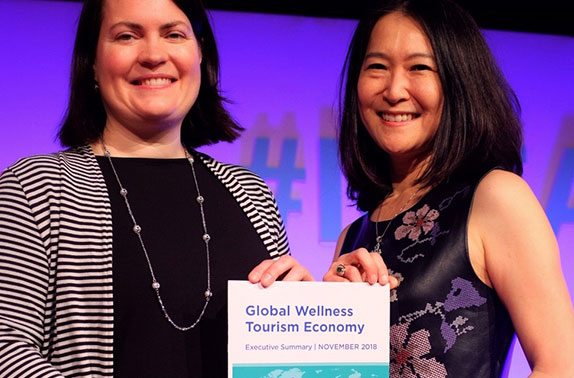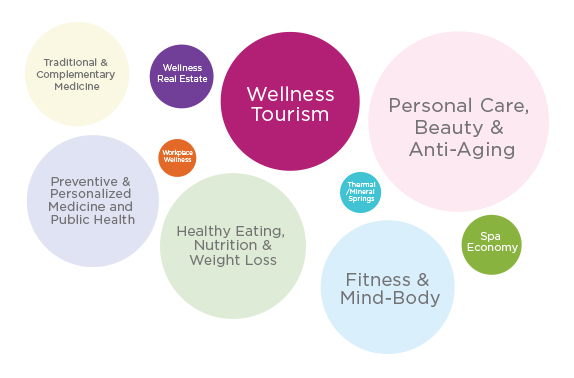Yesterday, the GWI released a new Global Wellness Tourism Economy report at World Travel Market (WTM) in London. This is the study that put wellness tourism on the world’s radar, and the new edition is packed with more regional and national data and trends than ever before. A few findings: Wellness tourism grew from a $539 billion market in 2015 to $639 billion in 2017—a…





























































